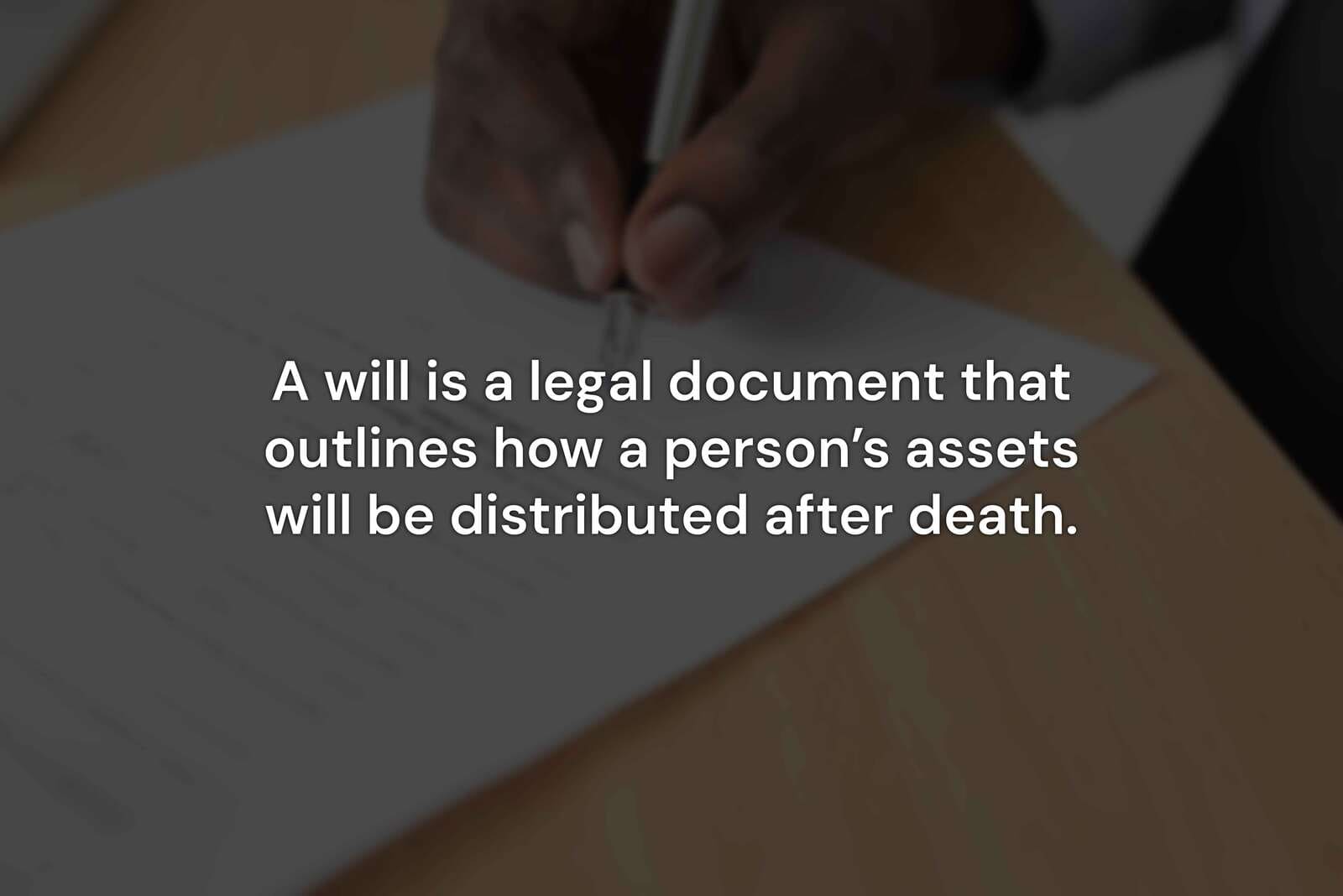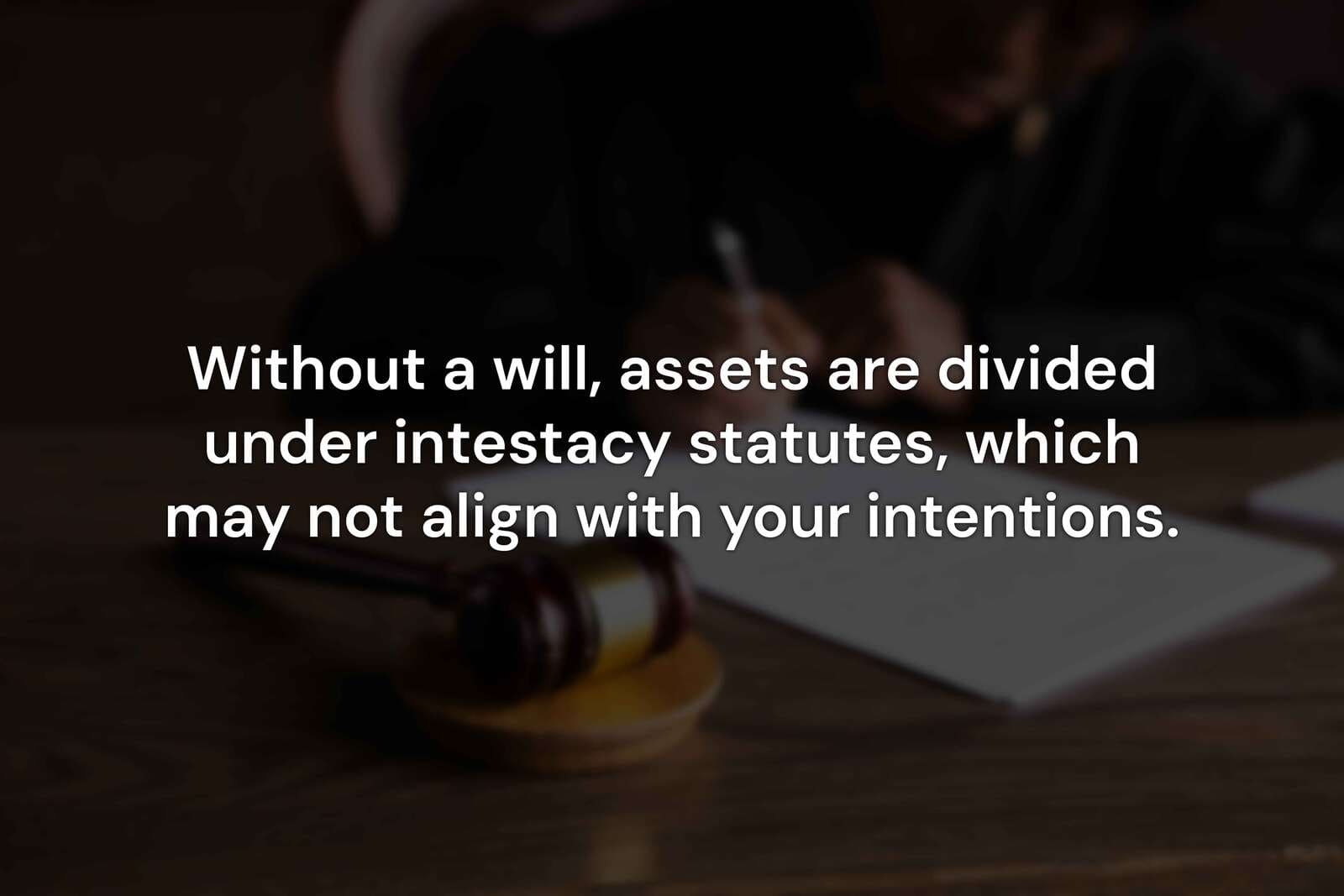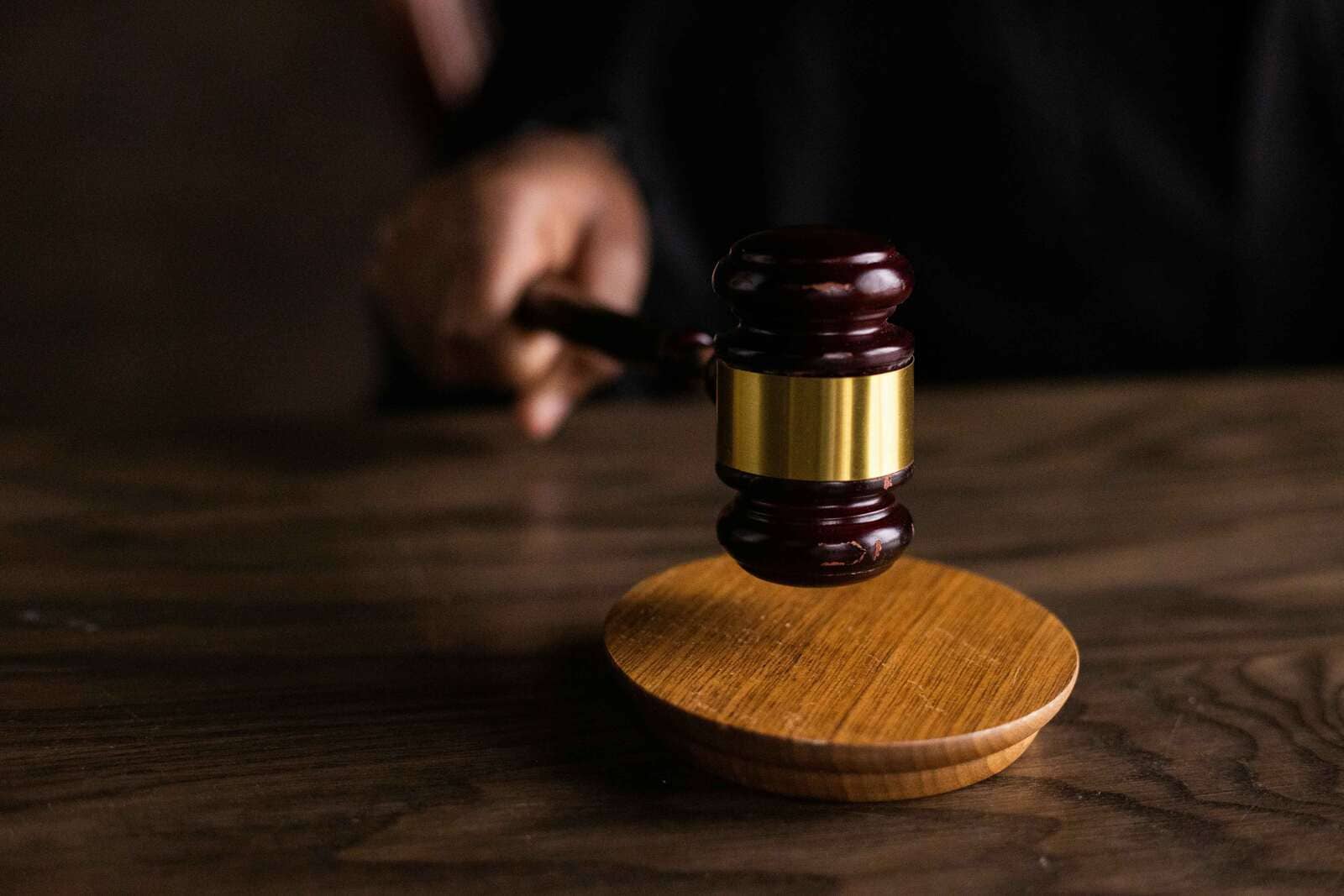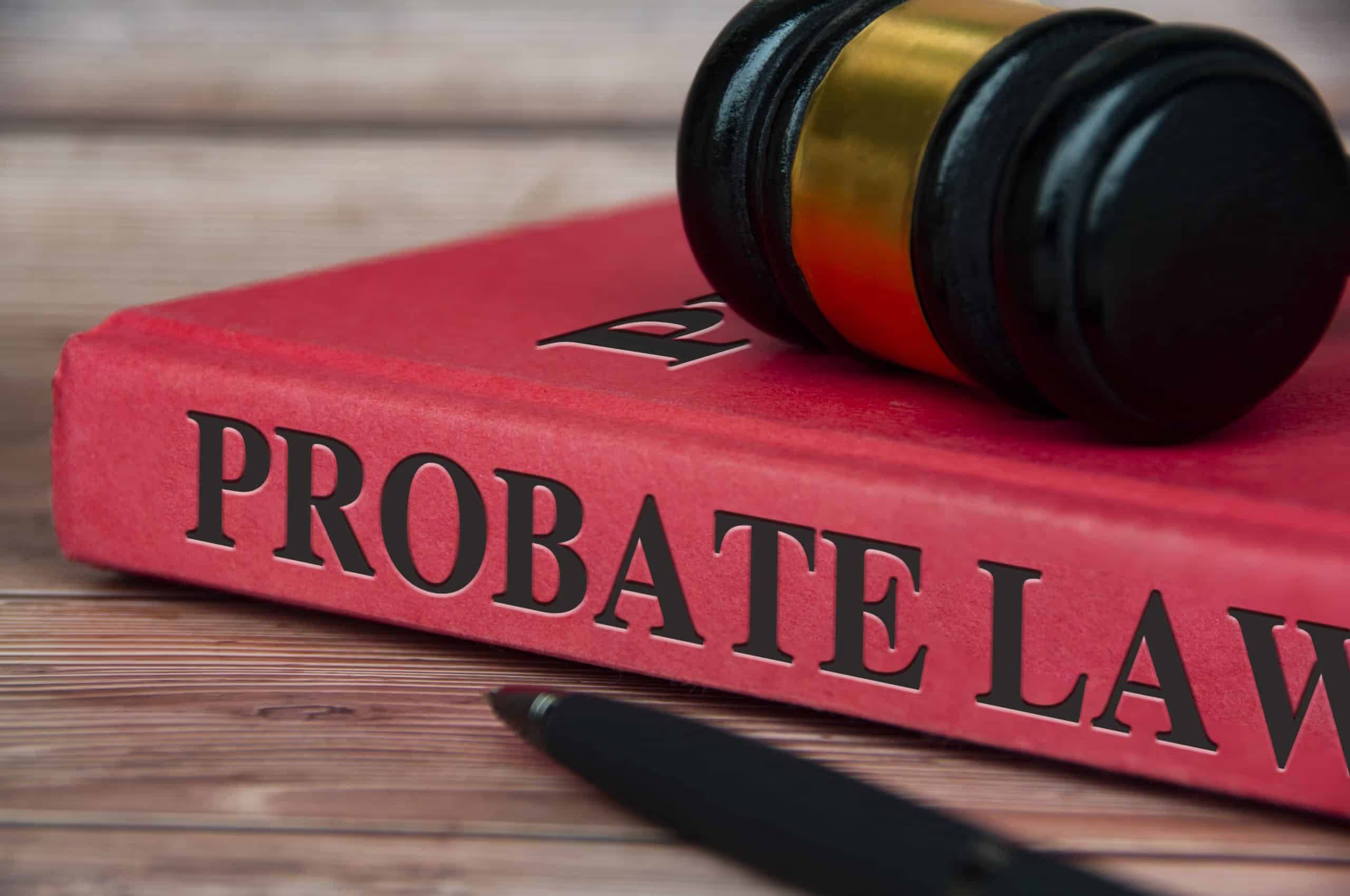A will is a legal document that outlines how a person’s assets will be distributed after death. It can also specify guardians for minor children, name an executor to manage the estate, and address other post-death matters. Wills are an essential part of estate planning because they provide clear instructions that courts can follow to honor the deceased’s wishes.

Defining a Will
A will—also called a last will and testament—serves as a written declaration of your final wishes. To be legally valid, it must meet specific state requirements, which often include being in writing, signed by the testator, and witnessed by at least two adults.
Why a Will Matters
Having a will ensures your property is distributed according to your preferences rather than default state laws. Without a will, assets are divided under intestacy statutes, which may not align with your intentions.

Core Elements of a Will
A valid will typically includes:
- Identification of the Testator: Your full name and residence.
- Executor Appointment: The person responsible for carrying out the will’s instructions.
- Beneficiary Designations: The individuals or organizations receiving your property.
- Asset Distribution Instructions: Detailed guidance for who gets what.
- Guardianship Provisions: Naming a guardian for minor children if applicable.
Limitations of a Will
While a will is powerful, it has limitations:
- Probate Requirement: All wills must go through probate, a court-supervised process to validate the will and distribute assets.
- Public Record: Wills become public documents once filed in probate court.
- No Incapacity Planning: A will only takes effect after death and does not cover asset management during your lifetime.
How Wills Interact With Other Estate Planning Tools
A will can work alongside other tools like living trusts, powers of attorney, and beneficiary designations. For example, a “pour-over will” can transfer any assets not already in a trust into that trust upon death.
The Probate Process for Wills
Probate involves filing the will with the court, notifying heirs and creditors, paying debts, and distributing the remaining assets. Depending on the estate’s complexity, this can take several months to over a year.
Why Legal Assistance is Essential
Drafting a will that meets legal requirements and reflects your wishes requires professional guidance. A skilled probate attorney can ensure your will is enforceable, up to date, and coordinated with your overall estate plan.

Understanding Wills in the Context of Estate Planning
What is a Power of Attorney?
A power of attorney grants someone authority to make financial or medical decisions for you if you become incapacitated. It complements a will by covering lifetime decision-making.
How Long Does Probate Take After Death?
Probate timelines vary, but even straightforward estates can take 6–12 months to close. Understanding the process helps set realistic expectations.
Can You Avoid Probate?
Certain strategies, such as creating a living trust or using transfer-on-death accounts, can bypass probate entirely.
What Happens During Probate?
The probate process includes validating the will, settling debts, and distributing assets under court supervision.



























